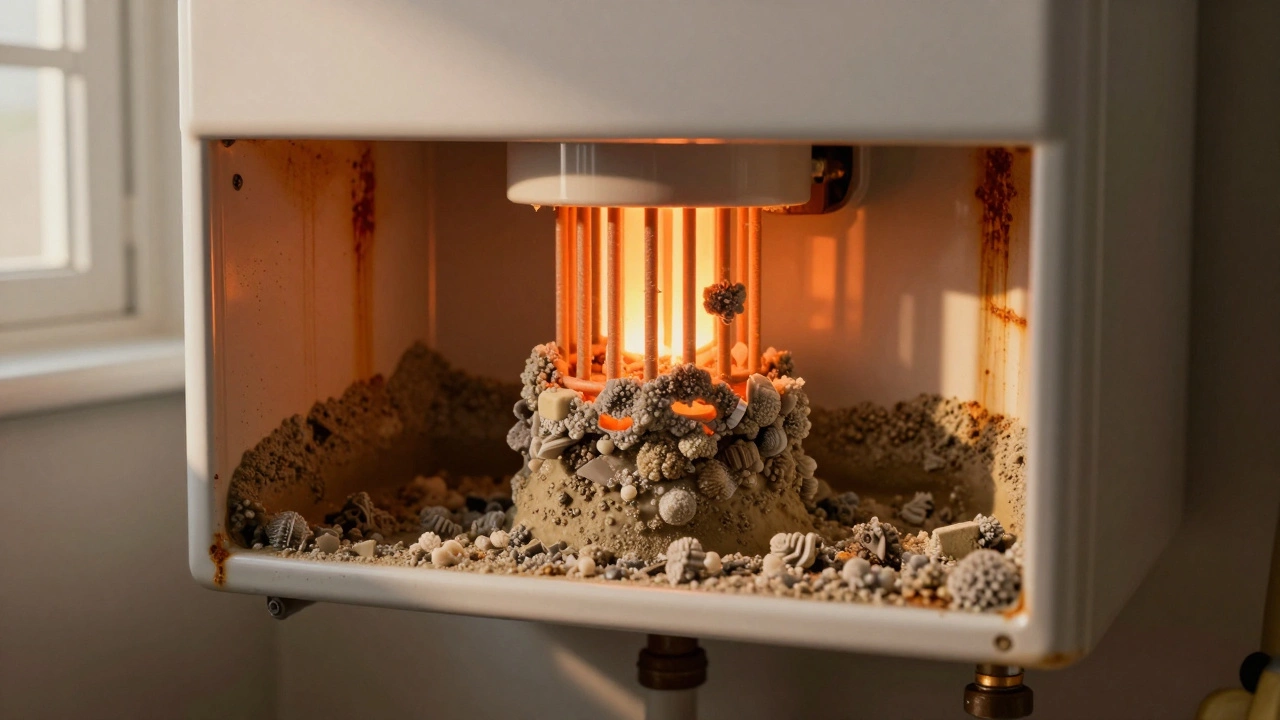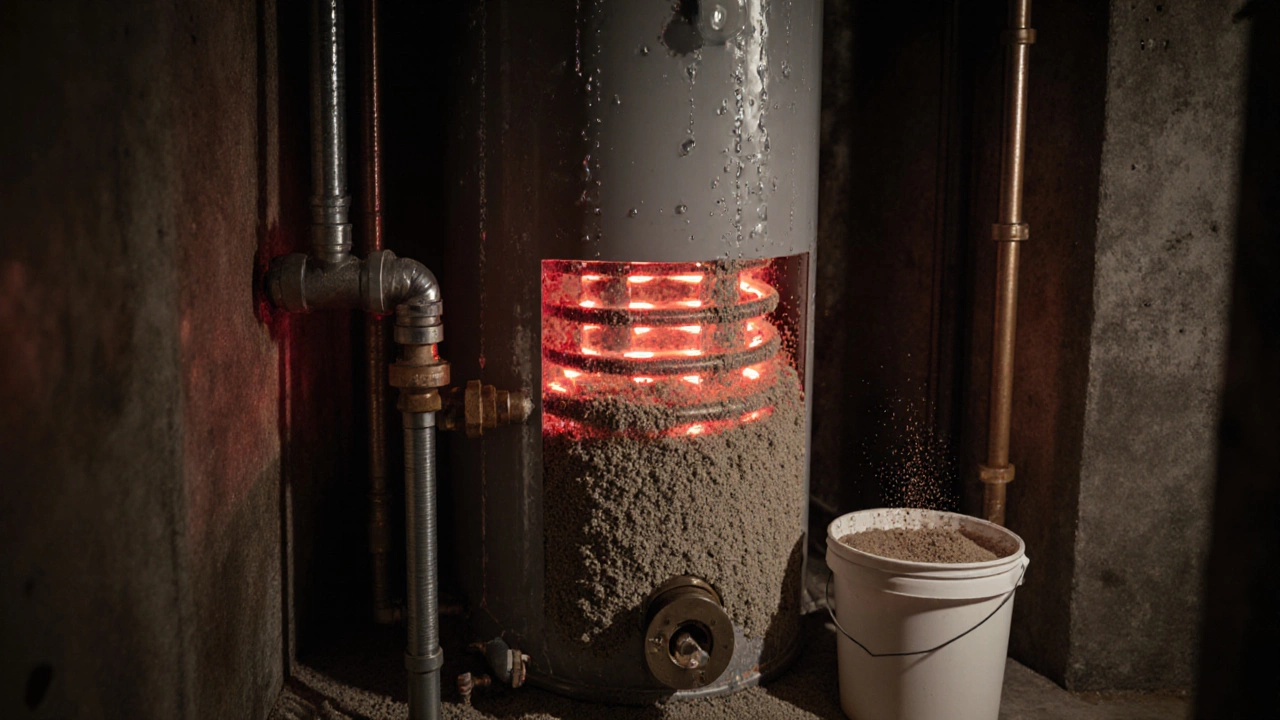Water Heater Failure: What’s Going Wrong and How to Fix It
If you’ve stepped into a cold shower twice in a row, chances are your water heater has given up. It’s frustrating, but most failures aren’t mysterious. Knowing the usual suspects can save you time, money, and a lot of shivering.
Top Reasons Your Heater Stops Working
First, check the power source. Electric heaters need a healthy circuit breaker and a good plug. If the breaker trips, reset it and see if the heater powers up. For gas units, a simple pilot light check can be the answer – if it’s out, follow the manufacturer’s relight steps or call a professional.
Second, sediment buildup is a silent killer. Over time minerals settle at the tank’s bottom, making the heating element work harder and eventually overheat. If you hear popping or notice rusty water, the tank probably needs flushing.
Third, a faulty thermostat or pressure‑relief valve can shut the system down for safety. When the thermostat reads too high, it cuts power to prevent overheating. A stuck valve may leak or release pressure, leading to a shutdown.
Lastly, age matters. Most tank heaters last 8‑12 years. After that, parts wear out and efficiency drops. If your unit is nearing that range, it’s worth considering a replacement.
DIY Checks Before Calling a Technician
Start with the basics: make sure the heater’s power switch is on, and the circuit breaker or fuse isn’t tripped. For gas units, verify the gas valve is open and the pilot light is lit.
Next, listen. A humming sound means the element is trying to heat; a loud bang or clunk often signals sediment or a broken part. Feel the tank’s sides – if it’s unusually hot, the thermostat may be stuck.
Flush the tank if you suspect sediment. Turn off power or gas, connect a garden hose to the drain valve, and let the water run until it’s clear. This simple step can restore heat efficiency and prevent future failures.
If the heater still won’t produce hot water after these checks, it’s time to call in the experts. A licensed technician can safely test internal components, replace a broken heating element, or advise on a full replacement.
At Wells Appliance Repairs, we specialize in fast, reliable water heater service across the UK. Our technicians know how to diagnose the exact cause of a failure and get your hot water back on track without unnecessary upsells.
Remember, safety first. Never tamper with gas lines or electrical wiring if you’re unsure. A quick DIY inspection can clear up many common issues, but when in doubt, let a pro handle it.
What Is the Most Common Cause of Water Heater Failure?
0 Comments
The most common cause of water heater failure is sediment buildup from hard water. Learn how to spot the signs, prevent damage, and extend your heater's life with simple annual maintenance.
Read MoreWhy Do Water Heaters Fail So Quickly?
0 Comments
Water heaters often fail early due to sediment buildup, corroded anode rods, high pressure, and wrong temperature settings. Learn how simple maintenance can double your heater's lifespan.
Read MoreWhere Do Most Water Heaters Fail? Common Trouble Spots Uncovered
0 Comments
Water heater breakdowns can hit at the worst times, but the root causes usually hide in just a few parts of the unit. This article explains exactly where most water heaters fail, why those parts are so vulnerable, and what you can do about it. We've included straight-up tips to spot problems early and share real-life examples that people can relate to. Whether it's a leaky bottom or a busted heating element, here's what you should look out for to keep your hot showers coming. No technical jargon—just real talk about keeping your water heater alive.
Read More

